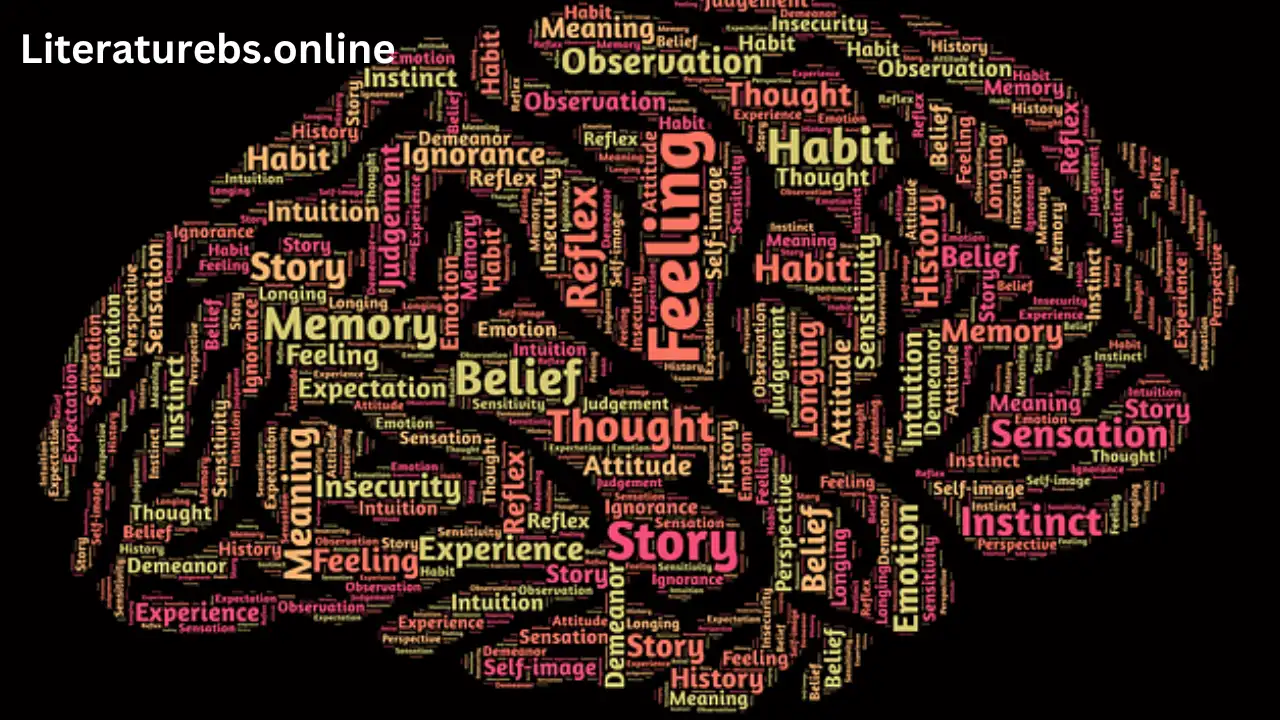Psychology and Its Developmental Stages
Delving into the intricate workings of the human mind has been a fascinating endeavor for psychologists for centuries. From unraveling the complexities of behavior to deciphering the mechanisms underlying emotions, psychology offers a profound insight into what makes us uniquely human. In this article, we embark on a journey through the realms of psychology, exploring its various facets and shedding light on its relevance in understanding ourselves and the world around us.
Definitions of Psychology:
Sigmund Freud:
Freud, the founder of psychoanalysis, described psychology as the “science of the unconscious mind and its influence on behavior.”
B.F. Skinner:
Another prominent behaviorist, Skinner viewed psychology as the “science of behavior, with an emphasis on operant conditioning and reinforcement.”
Key points Psychology helps to understand the human psyche:
The Biological Basis of Behavior
- Brain and Behavior
- Neurotransmitters and their Role in Emotions
- Genetics and Behavior
Understanding Cognitive Processes
- Perception and Attention
- Memory and Learning
- Problem-Solving and Decision Making
Exploring Social Psychology
- Social Influence
- Prejudice and Discrimination
- Group Dynamics
Developmental Stages of Psychology:
Here is the developmental procedure of Psychology:
Philosophical Roots:
Psychology’s origins can be traced back to ancient civilizations such as Egypt, Greece, China, and India, where thinkers pondered questions about the nature of the mind, consciousness, and behavior. Philosophers like Plato, Aristotle, and Confucius laid the groundwork for understanding the human psyche.
Emergence of Scientific Psychology:
The birth of modern psychology is often attributed to Wilhelm Wundt, who established the first experimental psychology laboratory in Leipzig, Germany, in 1879. Wundt’s focus on introspection and structuralism marked the beginning of psychology as a scientific discipline.
Structuralism vs. Functionalism:
Wundt’s structuralism, which aimed to analyze the basic elements of consciousness, was soon challenged by functionalism, spearheaded by William James. Functionalism emphasizes the adaptive functions of behavior and the mind, paving the way for the study of behavior in its natural context.
Psychoanalysis:
Sigmund Freud revolutionized psychology with his psychoanalytic theory, which focused on the unconscious mind, childhood experiences, and the role of defense mechanisms in shaping behavior. Freud’s work had a profound impact on the understanding of personality, psychopathology, and therapy.
Behaviorism:
The early 20th century saw the rise of behaviorism, led by figures such as John B. Watson and B.F. Skinner. Behaviorism rejected the study of consciousness and focused instead on observable behavior and the environmental factors that shape it. This approach dominated psychology for much of the 20th century.
Cognitive Revolution:
In the 1950s and 1960s, the cognitive revolution challenged behaviorism’s dominance by emphasizing mental processes such as perception, memory, and thinking. Pioneers like Ulric Neisser, George Miller, and Noam Chomsky laid the foundation for cognitive psychology, which became a dominant force in the field.
Humanistic Psychology:
Humanistic psychology emerged in the mid-20th century as a reaction against the deterministic views of behaviorism and psychoanalysis. Figures like Carl Rogers and Abraham Maslow emphasized human potential, self-actualization, and the importance of subjective experience in understanding behavior.
Biological and Evolutionary Perspectives:
Advances in neuroscience, genetics, and evolutionary psychology have provided new insights into the biological underpinnings of behavior and mental processes. Researchers like Eric Kandel, Steven Pinker, and Robert Sapolsky have expanded our understanding of how the brain and genes influence behavior.
Social and Cultural Influences:
Contemporary psychology increasingly recognizes the importance of social and cultural factors in shaping behavior. Social psychologists like Stanley Milgram and Solomon Asch have studied conformity, obedience, and group dynamics, while cultural psychologists explore how culture influences cognition, emotion, and behavior.
Interdisciplinary and Applied Fields:
Psychology has branched out into numerous interdisciplinary and applied fields, including clinical psychology, counseling psychology, industrial-organizational psychology, educational psychology, and health psychology. These specialties apply psychological principles to address real-world problems and improve human well-being.
Conclusion:
Psychology serves as a beacon illuminating the complexities of human behavior, cognition, and emotion. By delving into its various domains, we gain a deeper understanding of ourselves and the world we inhabit. As we continue to unravel the mysteries of the human mind, psychology remains a dynamic and ever-evolving field, offering insights that shape our understanding of what it means to be human.
